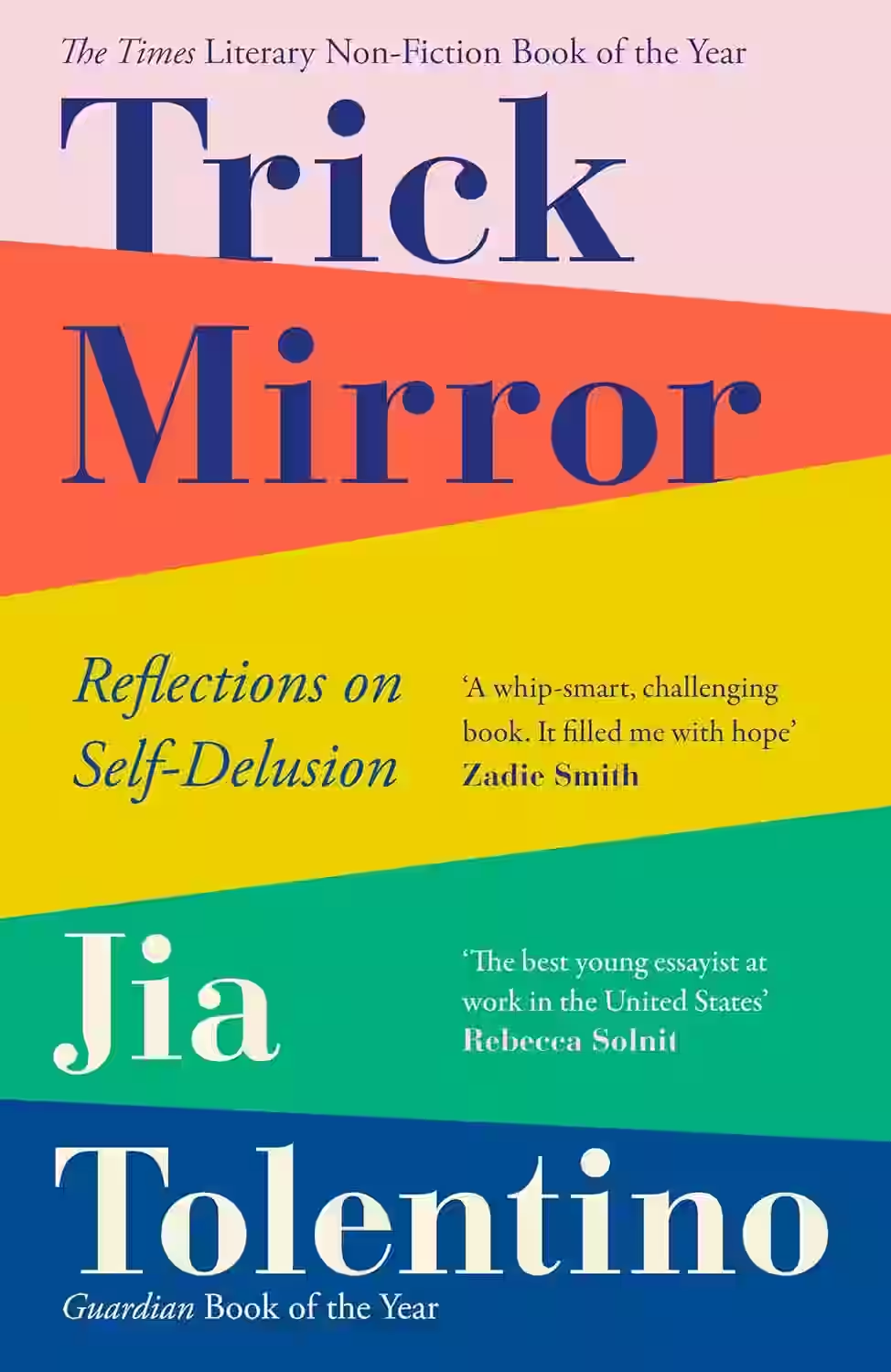
In 'Trick Mirror: Reflections on Self-Delusion,' Jia Tolentino delves into the complexities of today's society, exploring topics like feminism, social media, and the concept of self. Through a collection of insightful and thought-provoking essays, Tolentino challenges readers to question their own beliefs and behaviors in an era dominated by technology and instant gratification. With a blend of personal anecdotes and cultural analysis, she presents a compelling critique of modern culture, inviting readers to reflect on their own lives. With sharp wit and a keen eye for detail, Tolentino delivers a powerful narrative that is both relatable and eye-opening.
About Jia Tolentino
Jia Tolentino is a renowned author and cultural critic known for her incisive commentary on contemporary society. Raised in Texas, Tolentino's Filipino background has greatly influenced her writing, exploring themes of identity, feminism, and technology. She gained prominence as a staff writer at 'The New Yorker' where her thought-provoking essays on internet culture, politics, and societal norms garnered widespread acclaim. Tolentino's debut essay collection, 'Trick Mirror: Reflections on Self-Delusion,' further solidified her reputation as a perceptive and astute observer of the modern world. Her work has made a profound impact on literature, encouraging readers to reflect on their own beliefs and behaviors.
Similar Books
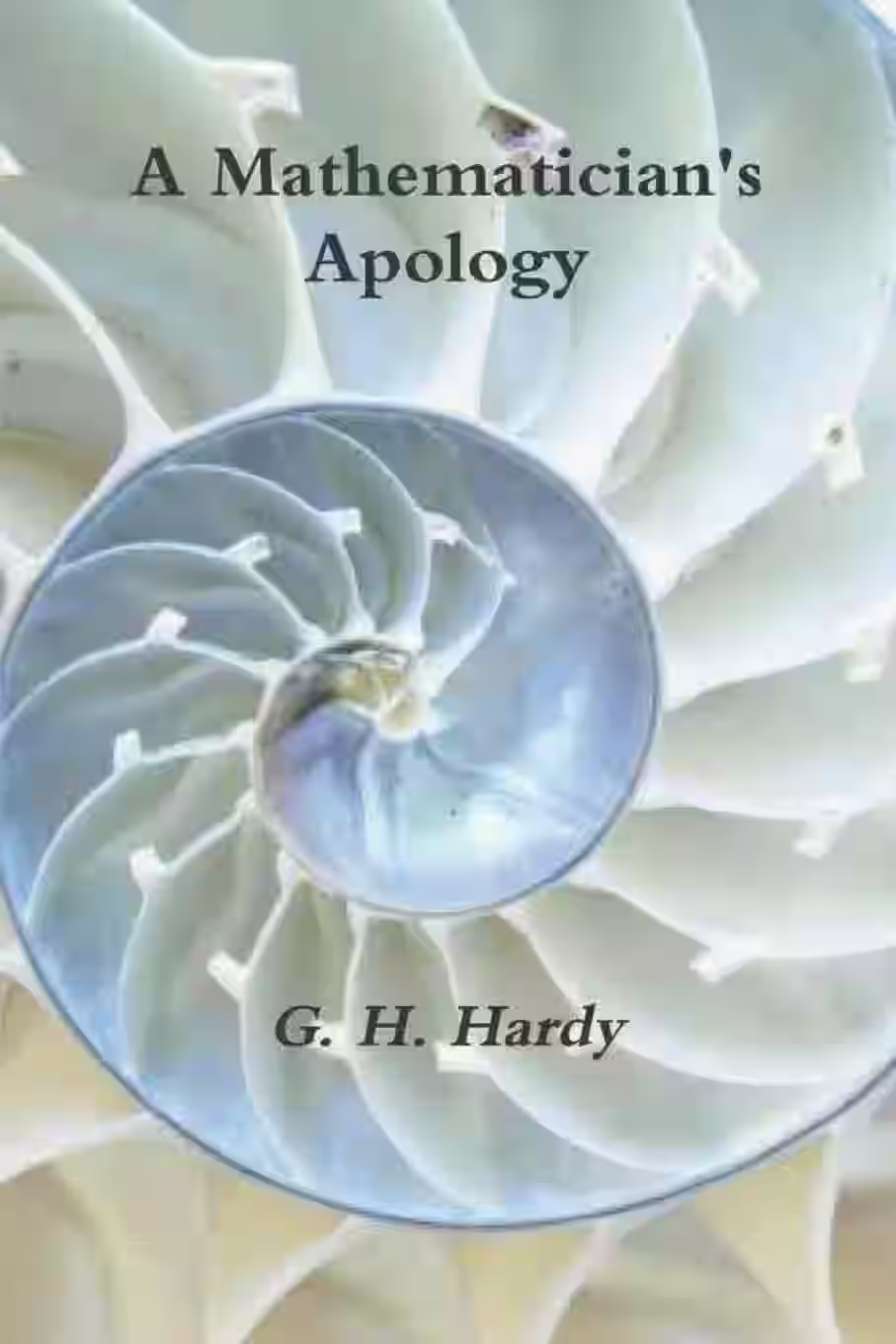
A Mathematicians Apology
by G.H. Hardy
In this reflective essay, esteemed mathematician G.H. Hardy defends pure mathematics, emphasizing its intrinsic beauty over practical applications. Written during his later years, Hardy offers insights into the creative process of mathematical thought and the aesthetic pleasure derived from abstract reasoning. The work serves as both a personal memoir and a philosophical treatise, highlighting the enduring value of intellectual pursuits for their own sake.
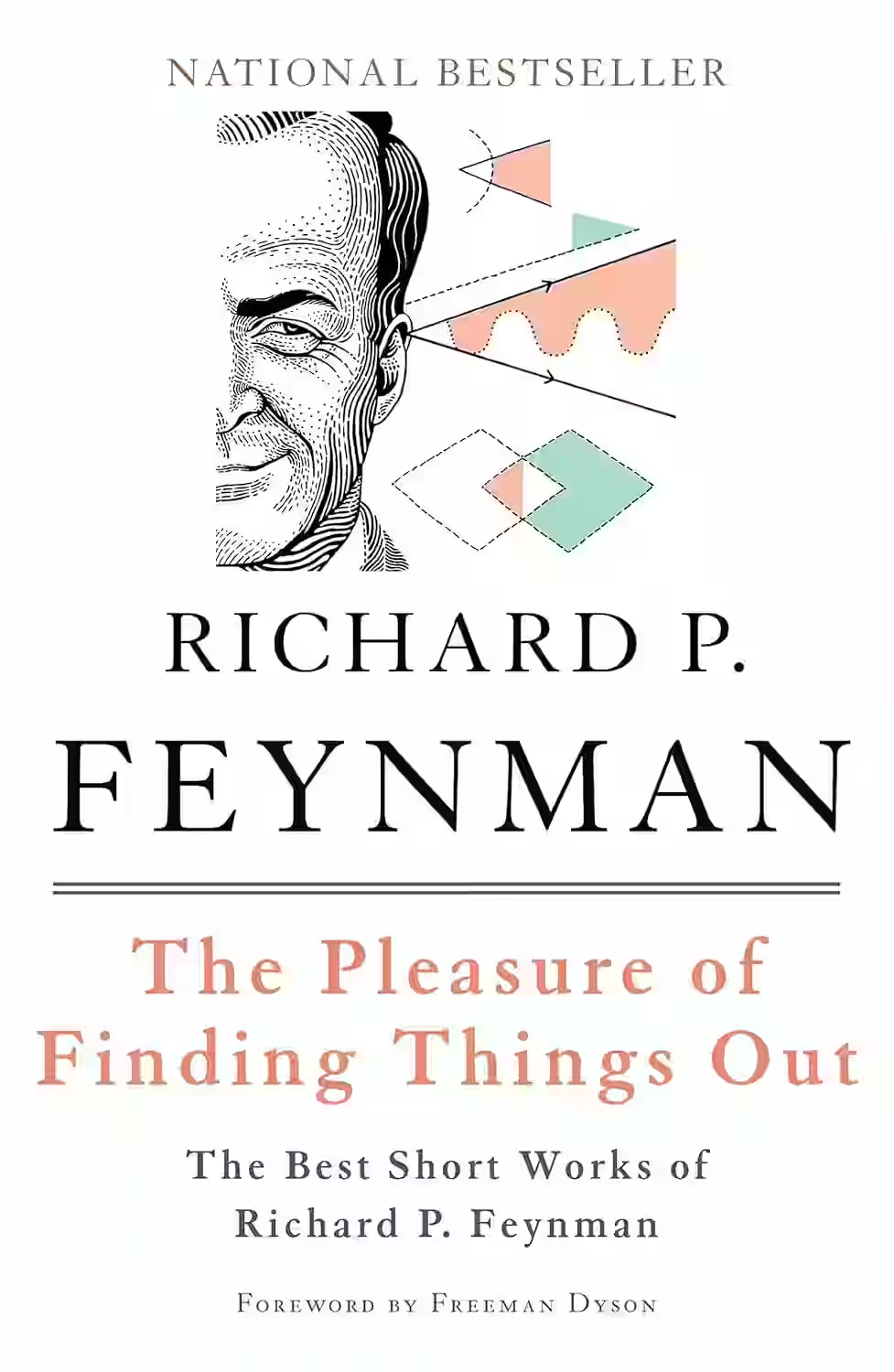
The Pleasure of Finding Things Out
This collection celebrates the remarkable achievements of Nobel Prize-winning scientist Richard P. Feynman, whose work profoundly reshaped our understanding of quantum electrodynamics. "The Pleasure of Finding Things Out" is a magnificent compilation of Feynman's finest short works, encompassing interviews, speeches, lectures, and articles. Offering an intimate and captivating glimpse into an extraordinary life dedicated to science, this wide-ranging treasury explores Feynman's thoughts on science in culture and includes his insightful Nobel Prize acceptance speech. It's a fascinating read for anyone intrigued by the power of ideas and the scientific mind.
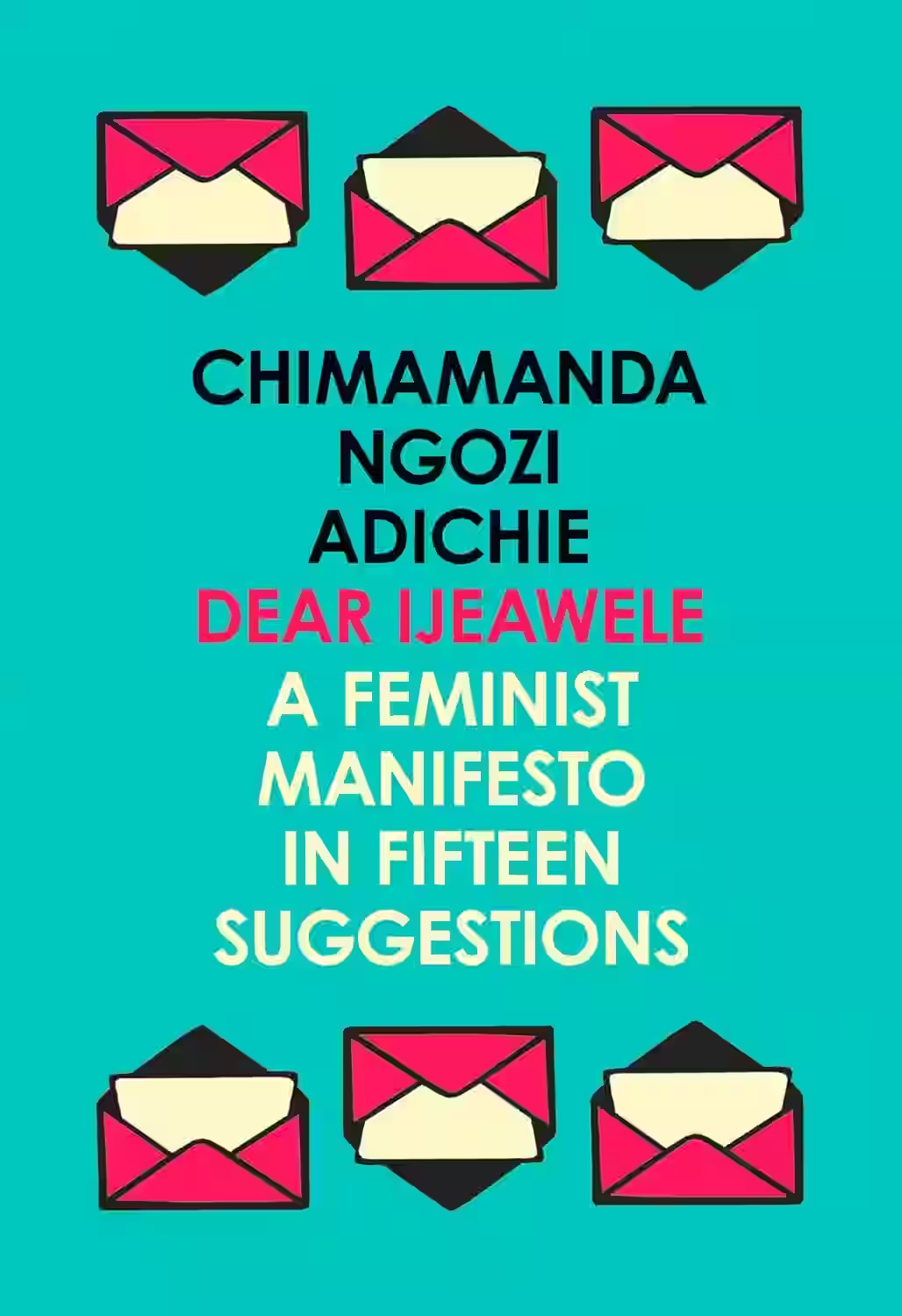
We Should All Be Feminists
Chimamanda Ngozi Adichie's 'We Should All Be Feminists' is a powerful and thought-provoking manifesto that explores the importance of gender equality in today's society. Drawing from her own experiences as a woman and insightful observations of societal norms, Adichie delves into the pervasive issue of sexism and the need for everyone, regardless of gender, to embrace feminism. Through poignant anecdotes and compelling arguments, she challenges traditional notions of femininity and masculinity, advocating for a world where all individuals have equal rights and opportunities. This concise yet impactful book serves as a rallying cry for all to join the fight for gender justice.
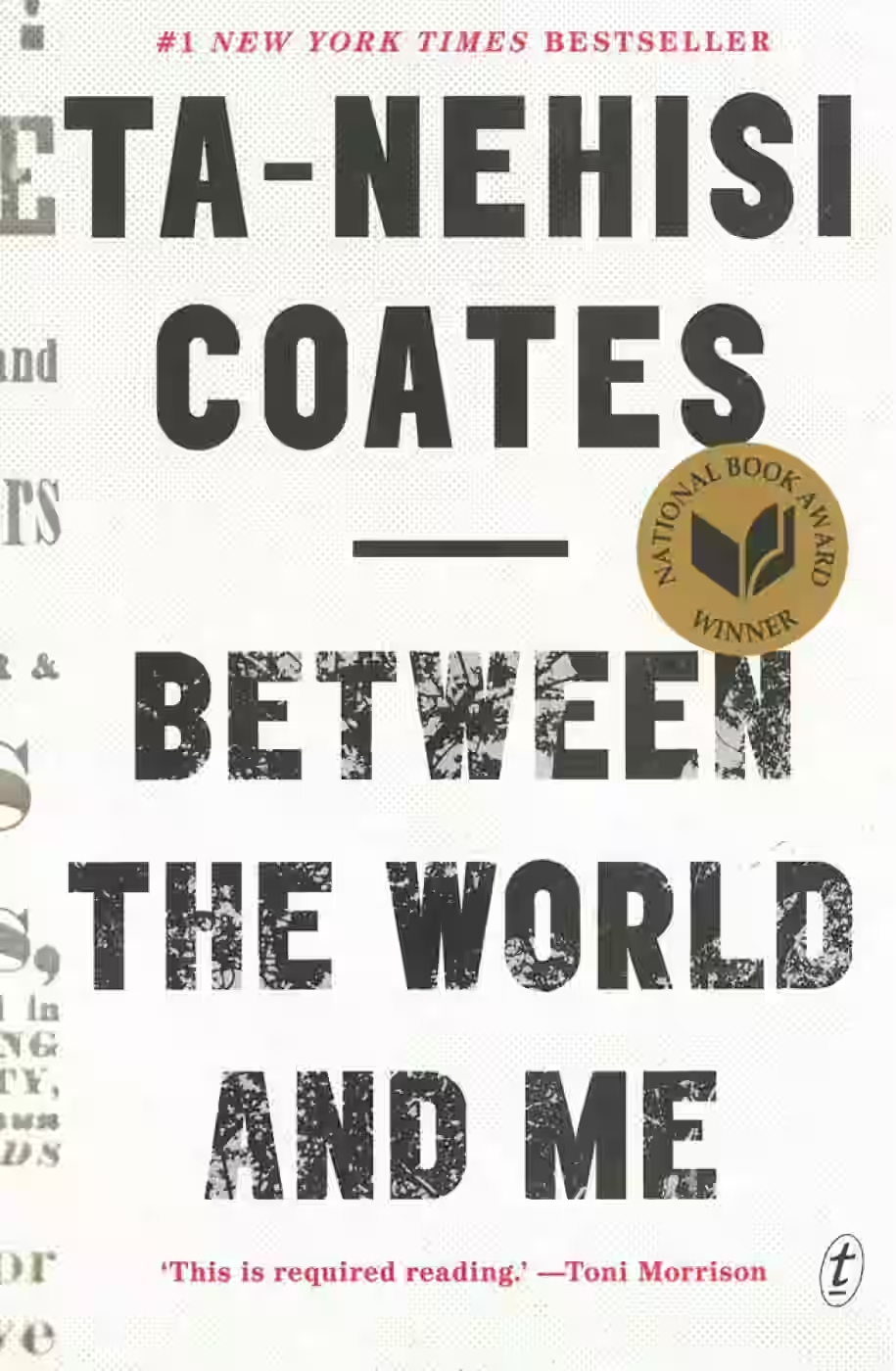
Between the World and Me
Presented as a letter to his teenage son, Ta-Nehisi Coates's Between the World and Me is a profound meditation on race, history, and identity in America. Drawing from his own experiences as a Black man, Coates examines the legacy of systemic racism, police violence, and the illusion of the American Dream. Inspired by Baldwin yet distinctly contemporary, the book offers a deeply personal and unflinching account of what it means to live in a Black body. With lyrical prose and intellectual rigor, Coates compels readers to confront uncomfortable truths and reconsider notions of privilege, safety, and belonging.